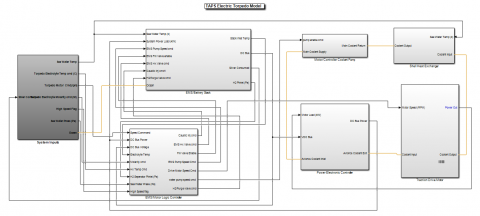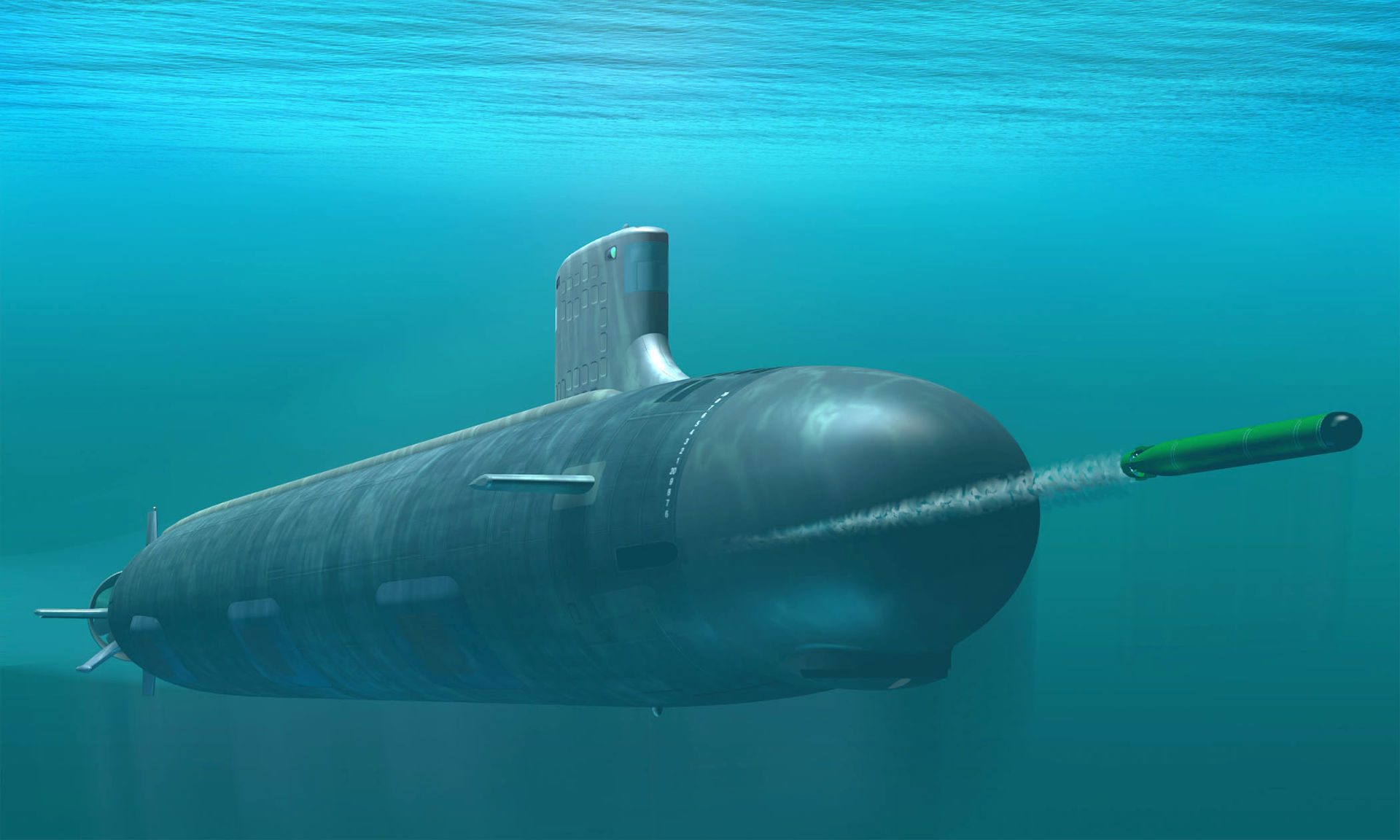In 2018, Barber Nichols (BNI) was awarded a contract from the Office of Naval Research (ONR) for the design and development of an Electric Torpedo Advanced Propulsion System (TAPS). The goal of this effort was to build upon and carry forward studies conducted by NUWC-Newport since the 1960s pertaining to Aluminum-Silver Oxide (Al-AgO) battery technologies. Al-AgO propulsion systems have the potential to offer advantages in terms of temperature & depth independent performance over long ranges, in addition to having a very long shelf life. BNI’s intimate familiarity with the MK48 heavyweight torpedo made us the ideal candidate to lead this effort, and through a partnership with Saft America was able to add a breadth of expertise in various underwater battery technologies.
BNI engineers took on the challenge of designing an electrical power system controller capable of managing battery output and distributing it to various vehicle systems. Due to the different depths, speeds, and duration of the various vehicle mission profiles, selecting the appropriate hardware and architecture that would maximize the efficiency of the controller was a key priority. To accomplish this, BNI developed a detailed system model capable of predicting and simulating vehicle performance over this wide range of missions to ensure the overall system was capable and robust enough to meet all demands.
On the battery side, BNI was responsible for designing an electrolyte replenishment system with the goal of increasing power density. This was to involve primary battery simulation, electrolyte filtration & temperature control, vehicle integration, and packaging. Unfortunately, in late 2018 funding to this program was suspended and work was stopped before the development could be completed and tested. What the endeavor did demonstrate is BNI’s ability to lead a larger multi-disciplinary team, and apply a premier level of engineering innovation in the interest of continued technological improvement to electrical power management and propulsions systems.



